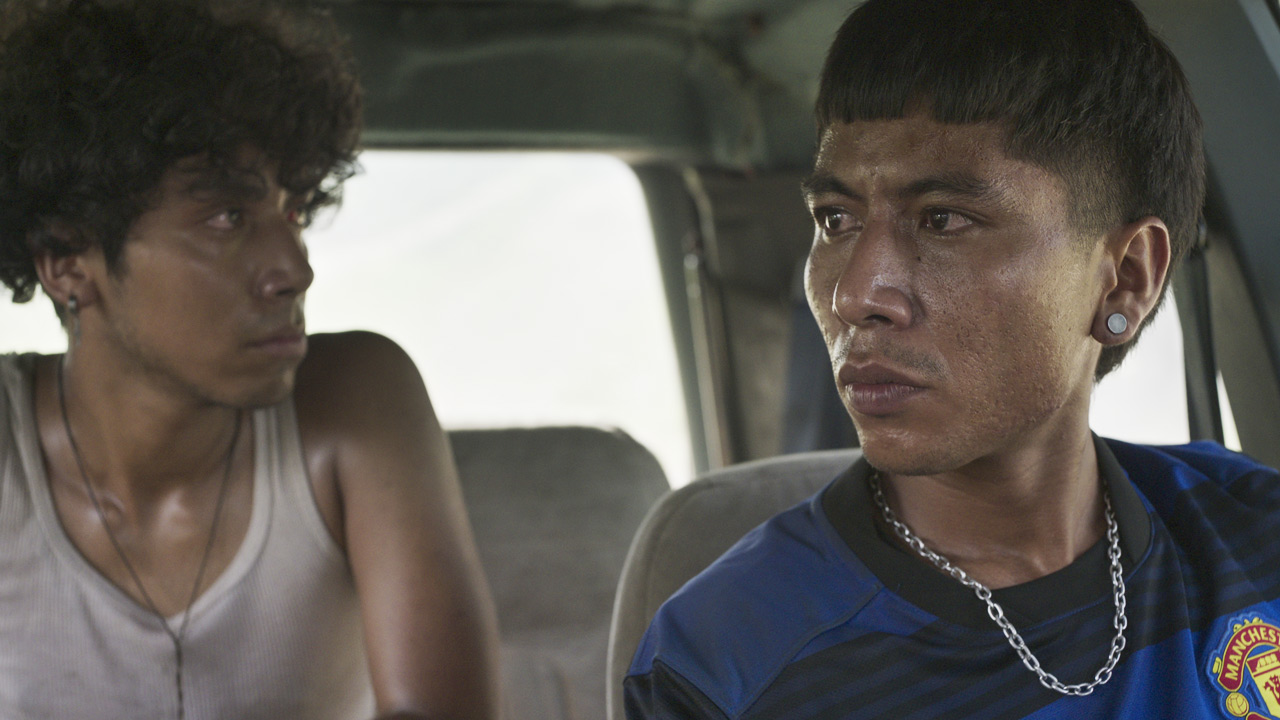Netflix drama Hurricane Season is a brutally bleak walk on the wild side

Palme d’Or-winning director Elisa Miller’s new film immerses viewers in a small Mexican town, where a supposed witch has been murdered. It’s hellishly bleak down-n-dirty drama, writes Luke Buckmaster.
Director Elisa Miller combines social realism, murder mystery and coming-of-age in Hurricane Season, a darkly compelling Mexican film with a very harsh tang to it, ensconced in a feeling that something bad has just happened—or is just about to. Opening with a group of teenagers discovering a corpse in a canal, small snakes slithering out of its mouth and nostrils, the natural question becomes “who did it.” But don’t expect the revelation (unveiled early on, the mystery being more about circumstances than the perpetrator) to come with any kind of catharsis. Nor the film, full stop.
There’s lots of talk about the murdered, wild-haired woman being a witch. Disembodied voices murmur menacingly about her, as if the film itself is whispering dark thoughts. Elements like this nudge the ambience towards a supernatural-esque space, but Miller (adapting a Booker-shortlisted novel by Fernanda Melchor) never fully gets there: the real ghouls and apparitions are rooted in the human psyche. The title refers to a literal event but it’s mostly symbolic, a way of insinuating that lives have been washed up in the ruins of a mighty, undefeatable cosmic force. In the fictitious village of La Matosa the kids get drunk, get high, have sex, talk trash, and commit crimes, cementing their place among the dregs of society.
The tone pairs enigma with airtight verisimilitude, unfolding with an exotic kitchen sink-ish feel. Many of the locations are beautiful in a run-down way, impoverished settings and dilapidated buildings painting a vivid off-the-beaten-track vision of Mexico. Miller (who won a Palme d’Or for a short she made in 2017) deploys immersively realistic camerawork and a pinched visuality, boxing the aspect ratio into a square that sucks oxygen out of the frame, offering little room for eyes to wander.
Realism and psychological impact are two key prerogatives and the cast are very much onboard—delivering hard, unsympathetic performances, as if their characters have no comprehension of the word “charm,” or that it’s an unattainable luxury in their woebegone worlds. The most likeable character is a prominent focus of the first act: Yesenia, a young woman (persuasively played by Paloma Alvamar) who lives with her grandma and, until recently, her violent, drug-addled cousin Luismi (Andreas Cordaz). She’s constantly talked down to and walks around with a kind of withered, weary detachment. Hearing rumours that Luismi attends parties hosted by the witch, Yesenia decides to go investigating, visiting her house to see whether “all that nasty stuff is true.”
The witch lingers on the edges of the story, which is non-linear and retraces events from different perspectives. Her presence is mostly implied and—even she’s properly introduced—intangible: getting a handle on her is like trying to catch smoke with your hands. As the runtime progresses viewers might begin to ask whether her treatment and reputation is unfair, perhaps also whether she might be the closest Hurricane Season has to a heart and soul—the maligned outsider who embodies something virtuous.
But this isn’t that kind of picture: there’s no respite, no silver lining, no inference of brighter days beyond the horizon. Everybody’s a victim; most are perpetrators; nothing’s worth fighting for. I was captivated by the film’s form and aesthetic, and those unshakeably authentic performances, but in hindsight its outlook feels borderline misanthropic. Which doesn’t exactly spell “Netflix and chill”, but there’s no denying Miller’s artistry: this a chillingly well-realised walk on the wild side, adept at suspending viewers into a bleak and bummed out world.


















